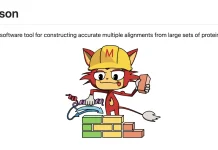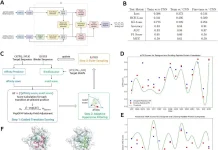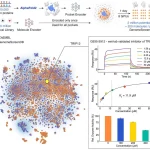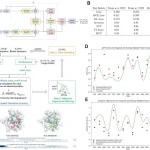R is a powerful and versatile programming language widely used in biological data analysis for its robust statistical capabilities and extensive library of tools tailored for data visualization, manipulation, and modeling. In the realm of biology, where datasets are often complex and multidimensional, R provides an efficient platform for analyzing genomic sequences, protein structures, ecological patterns, and more.
From performing differential gene expression analysis to visualizing phylogenetic trees, R empowers researchers to draw meaningful insights and make data-driven decisions. Additionally, R is increasingly utilized in machine learning and deep learning applications, enabling tasks such as predictive modeling, clustering, and neural network-based analysis for biological data. As an open-source tool with active community support, R is an indispensable skill for modern biologists aiming to bridge the gap between experimental and computational biology, especially those focusing on bioinformatics and learning R.
Enhance your data analysis skills with our specialized training program on utilizing “R for Bioinformatics”. This training is designed to introduce you to R, a powerful statistical programming language widely used in bioinformatics for data analysis, visualization, and interpretation.
Through this training program, you’ll learn to leverage R’s extensive libraries and packages tailored for bioinformatics, enabling you to analyze genomic data, perform statistical tests, create publication-quality visualizations, and manage large datasets efficiently.
Eligibility
Students pursuing B.Sc., B.Tech., M.Sc., M.Tech., PhD in life sciences/computer science, as well as Teaching and Industry Professionals seeking to learn NGS data analysis, are encouraged to apply, particularly those interested in utilizing R for Bioinformatics solutions.
Registration
Participants can apply for the “R for Bioinformatics” program by submitting their application via the Google link provided in the brochure. For details on registration, fees, and other information, please refer to the brochure, which is available for download using the button below.
The last date for submitting the Participation request is 14 Jan 2025.
The number of spots in the program is limited.
Brochure of the Training Program
Follow Us!
Learn More:




